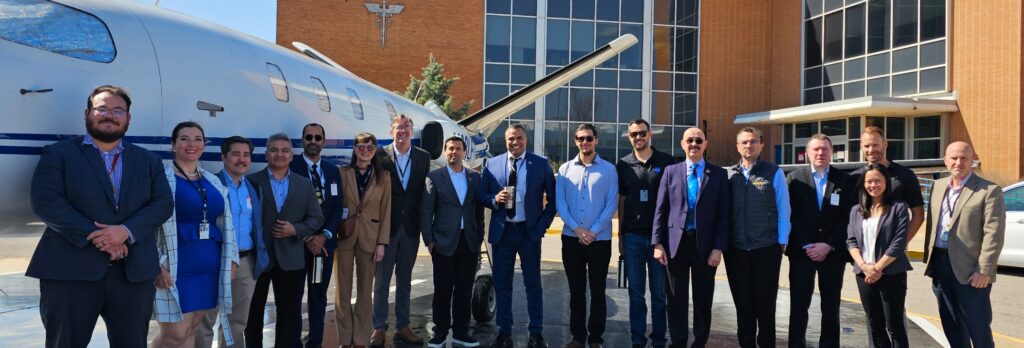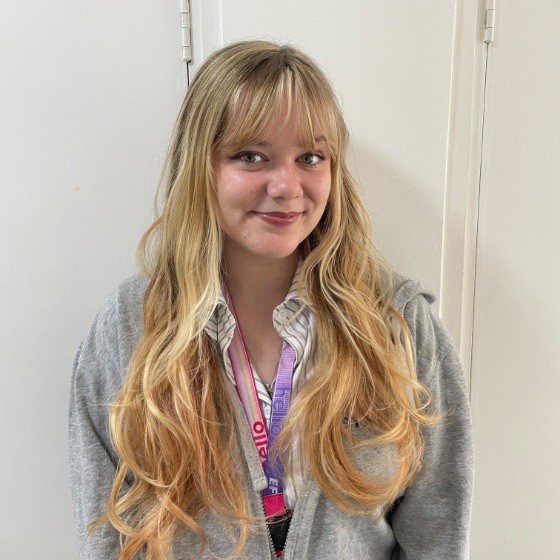
Wisk Aero, a developer of an all-electric self-flying air taxi, has entered into a five-year Non-Reimbursable Space Act Agreement (NRSAA) with NASA.
The agreement centers on critical research conducted by NASA’s Air Traffic Management Exploration (ATM-X) project aimed at advancing autonomous aircraft under Instrument Flight Rules (IFR) in the National Airspace System (NAS).
As an autonomous electric vertical takeoff and landing (eVTOL) air taxi, Wisk is working with NASA to help define the industry standards that will support the introduction of autonomous aircraft in the NAS. This research will help regulators evaluate future flight procedures and capabilities.
Since 2020, Wisk and NASA have collaborated to develop key guidance for the safe integration of autonomous aircraft systems for UAM operations under an initial Space Act Agreement. This expanded collaboration will focus on research using advanced simulation and Live Virtual Constructive (LVC) flight environments that combine live flights with simulated airspace to enable researchers to assess future operations.
This work is critical in informing the development of:
- Airspace and route design optimized for highly automated Urban Air Mobility (UAM) operations
- Critical aircraft and ground-based safety system requirements necessary for autonomous flight in urban environments
- Air Traffic Control (ATC) communications protocols and procedures for seamless integration of UAM aircraft
Erick Corona, Director of Airspace Operational Integration at Wisk, commented, “This new, long-term agreement with NASA is a significant step forward for Wisk and the broader UAM industry. With NASA’s simulation and LVC capabilities, we can accelerate the development of our Gen 6 autonomous systems to safely and efficiently integrate into the U.S. NAS before the end of the decade.”
To initiate early work under this annex, the Wisk and NASA teams held a workshop last month at the Mike Monroney Aeronautical Center in Oklahoma City. The teams discussed how instrument flight procedures and advanced technologies would work hand-in-hand to enable safe and efficient autonomous passenger flight. Over the course of the five-year agreement, Wisk and NASA will continue to conduct the research testing necessary to inform requirements and procedures for future operations.





